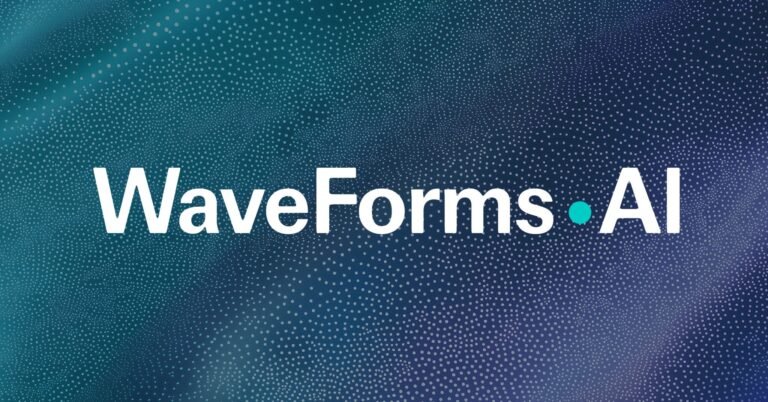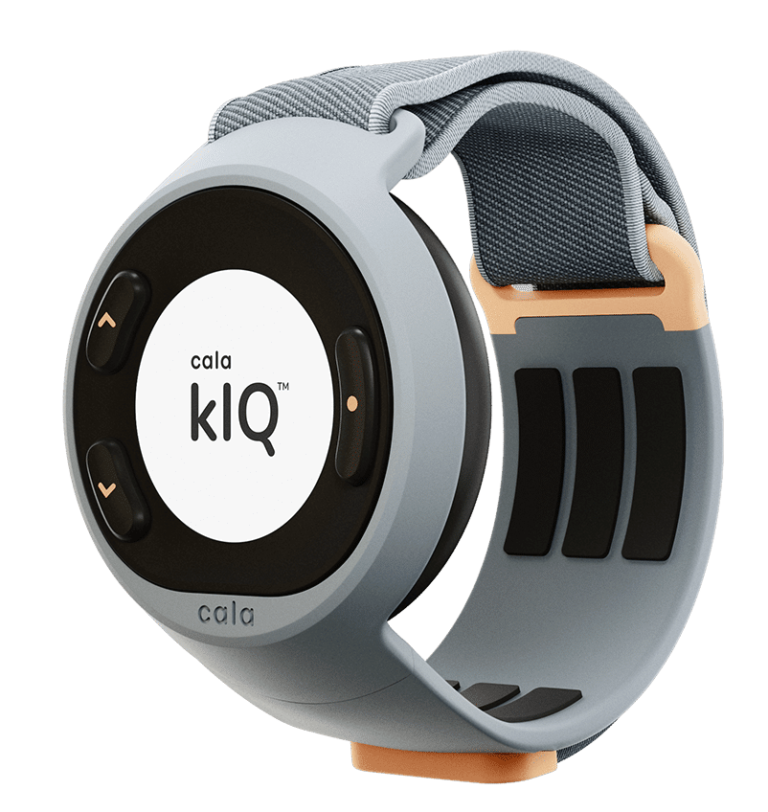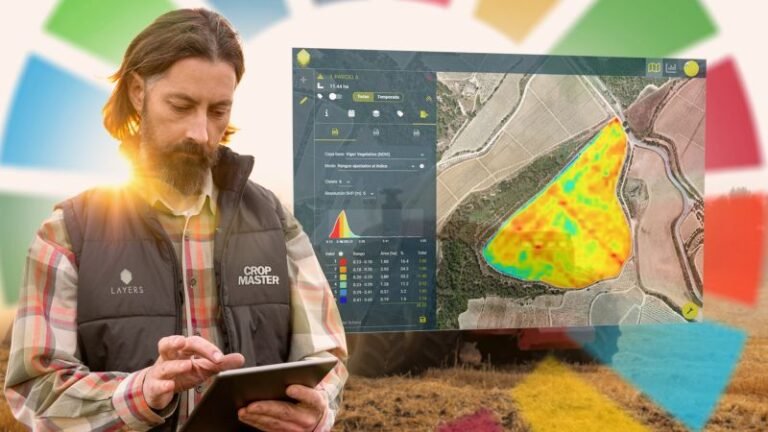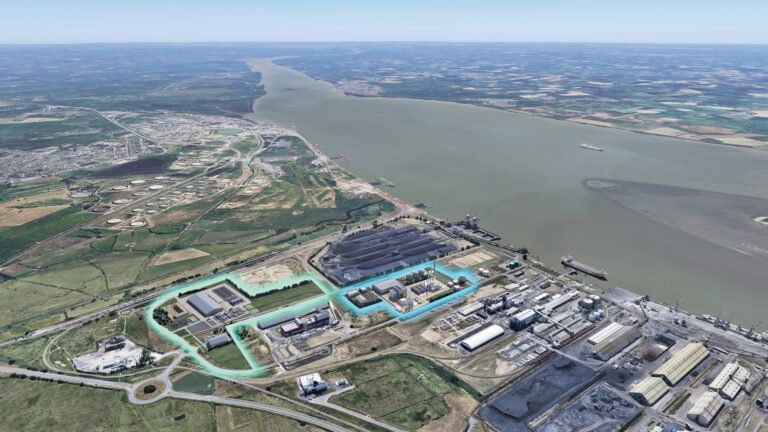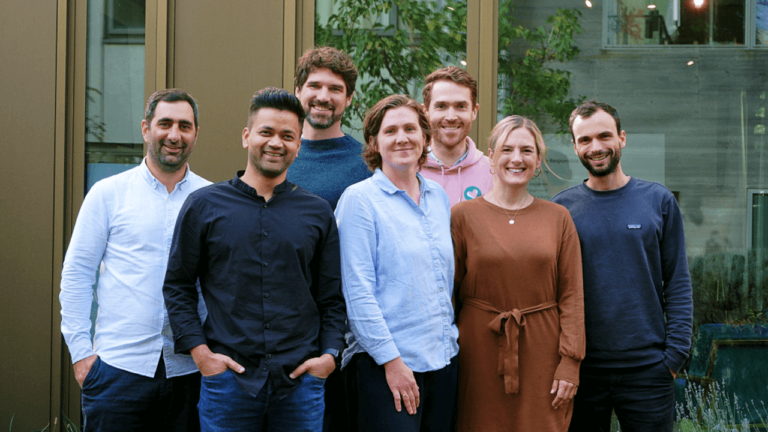Latest post
ConnectDER, a home energy technology company, closed $35 million in Series D funding to scale its MSA business in residential solar, energy storage, EV charging, and other distributed energy resources into simpler, in-home installations. It is a breakthrough solution that avoids expensive main electrical panel upgrades – often the biggest barrier to modernizing a home’s energy technology system.
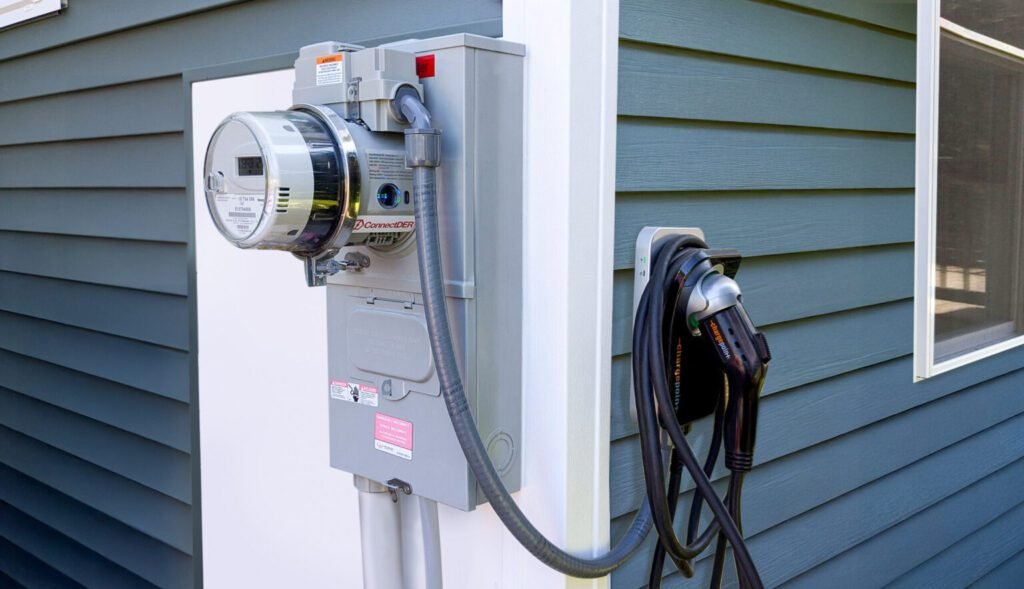
IslandDER Meter Socket Adapter is the flagship product by the company to cost-effectively connect the home energy device with the utility grid. With IslandDER MSA, it is very easy to integrate solar panels, battery storage systems, and EV chargers by bypassing costly upgrades to antiquated electrical panels. Many homes in the U.S. are not equipped with adequate electrical infrastructure to support new energy solutions, especially those built 40 to 60 years ago. ConnectDER estimated that around 60 million homes in the country lack the necessary infrastructure to support technologies such as solar and storage, which is a significant obstacle to home electrification.
Upgrades on an electrical panel can cost $2,000-$15,000 or more and act as a drag on the adoption of energy-efficient technologies. Estimated by Pecan Street Inc., the barrier is one of $100 billion against clean energy technologies in homes across the U.S. ConnectDER’s innovative solution cuts that cost substantially, offering a competitive alternative. The IslandDER adapter can be installed in just a few minutes and costs only 10% or less of a traditional main panel upgrade.
With ConnectDER’s MSA solution, homeowners can connect solar panels, storage systems, and EV chargers to their homes without the necessity of upgrading the main electrical panel. The device provides homes with the ability to both disconnect and reconnect to the utility grid, giving homeowners the option to use energy stored from their solar panels and battery systems or EVs. That flexibility is what will ultimately allow homes to fully realize the benefits of renewable energy and energy storage solutions.
Chris Lundell, interim CEO of Blue Raven Solar, highlighted the advantages of ConnectDER’s product, stating, “Leveraging innovative technologies and solar equipment like ConnectDER adapters allows us to streamline installation timelines, reduce complexity, and deliver reliable, affordable renewable energy solutions that enhance the homeowner experience from start to finish.”
The Series D funding round was led by Decarbonization Partners and MassMutual Ventures, both of which are new investors in ConnectDER. The joint venture comes from investment firms BlackRock and Temasek. The round also saw the participation of existing investors like Avista Development, Clean Energy Ventures, Energy Innovation Capital, Evergy Ventures, LG Technology Ventures, and Zoma Capital. ConnectDER plans to scale its manufacturing capabilities with this fresh capital, reach a broader market, and continue innovating its products.
ConnectDER has already installed more than 25,000 adapters, and the MSA has been approved for use in more than 20 states. The company is poised to expand its operations nationwide, targeting a wide availability of its solutions in the coming years. Among its strategies, the company has forged partnerships with large solar installers, such as Sunrun, which enables the company to coordinate installations of solar and energy storage systems alongside ConnectDER’s MSA products.
The MSRP for the solar MSA is $559, with some variation based on model and region. The EV meter socket adapter is priced at $875 MSRP. These products are UL-listed, NEC-compliant, and approved for installation in over 20 states, making ConnectDER a key player in the home electrification and renewable energy space.
The solutions designed by the company streamline home energy integration, and their solutions make it possible for homeowners to take advantage of renewable energy technologies without the associated cost and timelines of an electrical panel upgrade. ConnectDER’s solution is intended to solve one of the main issues in the home energy market to make access to solar, battery storage, and EV charging technology more affordable.

